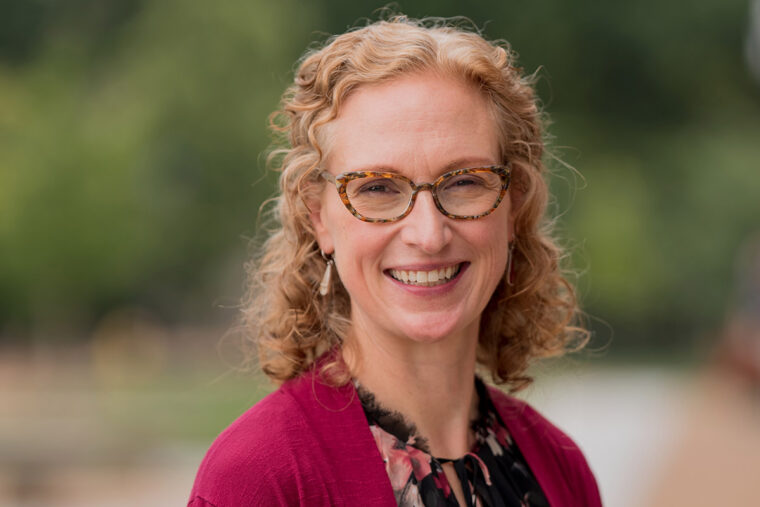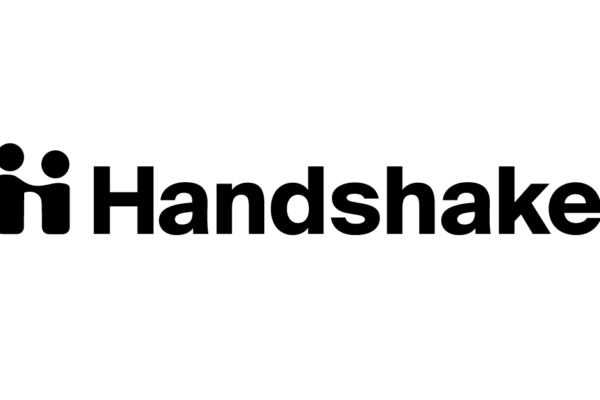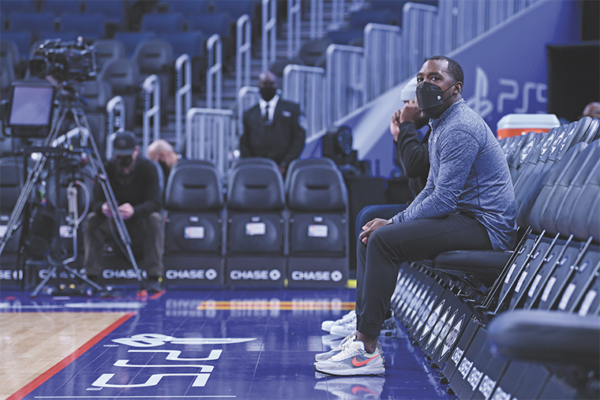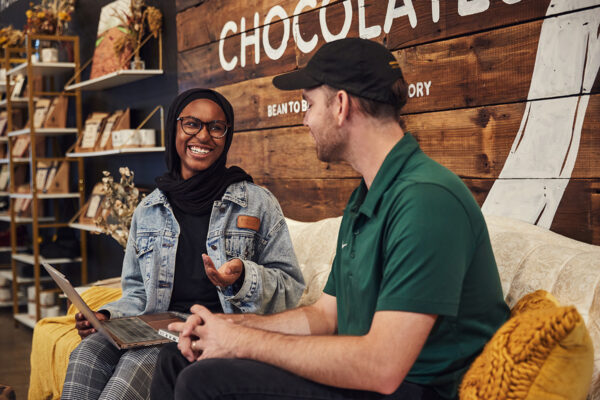Career education is about more than resumes and job fairs, said Rebekah Paré, the new associate vice chancellor for career development and education at Washington University in St. Louis. It is an all-hands-on-deck endeavor that requires faculty support, alumni mentors and expert advisers.
“We know that one of the top reasons, if not the reason, students go to college is to improve their employment prospects,” Paré said. “Historically, university leaders and faculty did not feel it was the institution’s role to ensure student employment success. With higher tuition prices, legitimate questions about the return on investment of a college degree, shifts in enrollment, and the changing world of work, universities are beginning to recognize that career outcomes for undergraduate and graduate students are important and that we all play an important role in preparing our students to succeed.”
Paré arrived in August after serving as associate dean and executive director for the College of Letters & Science Career Initiative and SuccessWorks at the University of Wisconsin-Madison. This month, she introduced Handshake, a leading career management platform used by more than 650,000 employers. And this semester, Paré will continue to meet with students, career services staff and faculty to discuss her vision for the new unified career center. Announced last spring, the new center will improve access to career services for all students and provide employers a single point of entry into the university.
“We have a lot of talented staff who are dedicated to student success and a number of compelling services, so I want to get a good understanding of what the needs are and where there have already been successes,” said Paré, who anticipates few changes this year at the Career Center and the Weston Career Center. “By next academic year, we’ll launch a new service delivery model and set of resources that should excite our students and our schools.”
Here, Paré shares why she joined Washington University and how a unified career center will better serve students and employers.
Why did you want to come to Washington University?
There are a number of things that really excited me about Washington University, aside from the fact that it’s a top research institution. One is the chancellor’s vision of creating access for students from first-generation and lower-income backgrounds. That was my background as a college student, and I do see that’s where we often have the biggest career development needs. I’m also excited to explore ways to connect our students to the community where they can gain skills and support St. Louis. Third, I want to work at a place where I can make a big difference for students, and I see WashU poised for success. I’ve known Chancellor Martin since his time at the University of Michigan, and I know he is committed to elevating career services as a top priority. I’ve seen a lot of universities implement career initiatives and, quite honestly, they are often just words to appease parents. But I will tell you, Chancellor Martin means business. He’s doing this work for the right reasons, and he’s going to make sure we are successful.
What role do faculty play in student career development?
Professors don’t have to do resume reviews. But if we continue to make career services that thing over there that is someone else’s concern, we will miss our most vulnerable students. Our students will change jobs 12 to 15 times over the course of their careers, and they need to be prepared to adjust to the changing landscape. Our faculty can help. They already are giving our students an incredible education. But if our students leave here unable to articulate what that is or why it matters or how they can serve an organization or graduate program, we have missed the boat. So we need to work together and help students recognize the connections between their academics, skills and the world of work.
How do you hope to expand professional networks for students?
I want to build an infrastructure that brings WashU alumni back to mentor students and open doors for them. Our alumni are a vastly underutilized resource. Some companies send their WashU alumni back to recruit students, and that’s great. But there are other amazing alumni who, hiring or not, have value to bring to students. When we make those connections, that’s where the magic happens. This is especially important for our students who don’t come here with professional networks.
A lot of students never visit the Career Center. How do you make the Career Center a must-visit resource?
The worst possible result of career advising is for a student to walk out and say, “I could have Googled that.” So our job is to create knowledge bases around different occupations and ensure that we are providing the depth of knowledge and a set of experiences that can prepare students well. At Wisconsin, I created a career community model that bundled similar types of occupations, such as marketing and communications or policy and law. An adviser would be at placed at the center of each community to develop resources for students and advise them.
We leveraged alumni to help build these resources and share their experiences with our students. Similarly, employers have a wealth of knowledge they are willing to share with students and advisers. And faculty also have connections in their disciplines. The result is a flexible and nimble structure that is bringing in more and more information about jobs, opportunities and training that is disseminated quickly to students. The career centers have had some success in this area, and it’s something we can build on.
Earlier this year, the university announced plans for a unified career center. What does that mean?
The plan is to bring all career services under one umbrella. By doing so, we can achieve a number of important goals. One, we can provide equal access to quality services for both undergraduates and graduates. Today, we see great differentiation across schools in terms of career resources. We can do better. Two, by leveraging the talent that exists across the career centers, we can create a service and strategic set of resources that will level up support for students beginning their first year on campus through graduation and beyond.
Three, we also want to attract more employers to WashU and build better, longer-lasting relationships with them. The challenge with our current decentralized approach is that, for example, Google may only be talking to McKelvey students, but we also want them to meet Olin students and Arts & Sciences students and law students. Or, in some cases, employers have been contacted by multiple people across the university, and they say, “Stop.” They don’t understand our decentralized structure, nor should they have to learn it. By creating a single point of entry, we can cultivate more employers, which over the long run will benefit more students and gives employers more bang for their buck.
It is important to note that while we are moving services centrally, this change does not mean we are moving away from the important role deans and faculty play. It will be vital to maintain these connections between academics and career, and we will design ways to partner to ensure we are meeting students’ needs as well as those of the schools.



